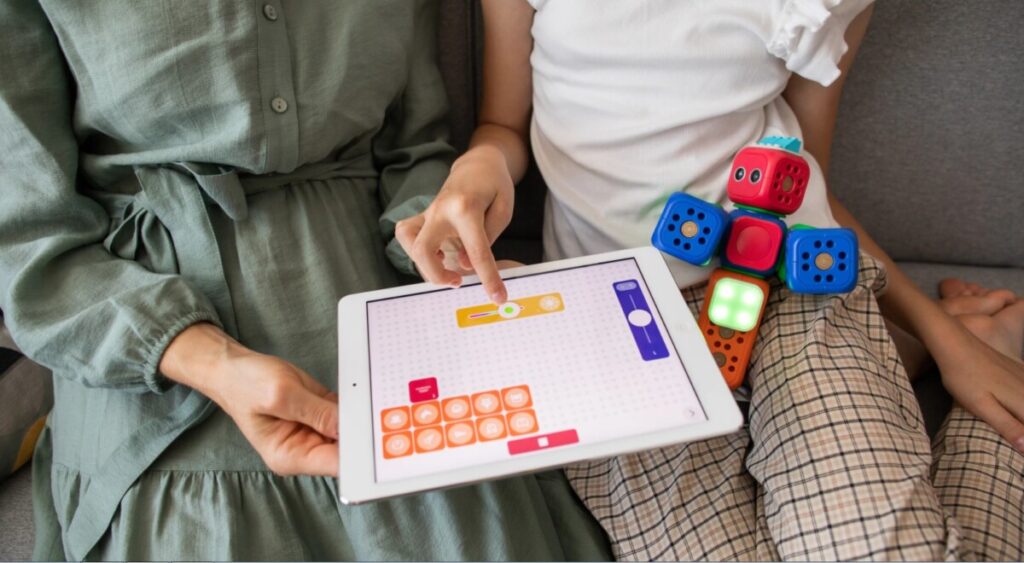Parents naturally want the best for their children. Every kid needs love, support, and care from them. And, for those born different and with disabilities, their needs can be more demanding. For their parents, it’s about giving their children the best of what they need while allowing them to help themselves. In such cases, positive reinforcement is needed as a form of support.
If your child has recently been diagnosed with a disability, don’t let that dampen your spirits. It may be a challenge but it’s a special duty to raise a child with different needs.
With the following parenting tips, you can address your child’s disability needs while catering to the love, comfort, and understanding they need the most.
Start An NDIS Plan
NDIS stands for National Disability Insurance Scheme. This plan is available to children and families in need of reasonable services to support their independence and social and economic participation. No two NDIS plans are exactly alike. This has to be tailored to fit the specific needs, goals, and aspirations of the participant.
It’s an advantage for your child to have one as children with developmental delays and other disabilities need support for their growth and other needs. To ensure you’re creating the best NDIS plan for your child, a plan manager to lead you through good NDIS plan management is a plus.
Consider Play As Therapy
Depending on the disability of your child, you can also go through therapy sessions. But, when your child comes home, remember that play is also therapy. No matter how busy your days are, give your child even half an hour of play and interaction with you. This way, you can make them feel that you enjoy their company as much they do yours.
This will also lighten up your emotions and boost your morale. It can be the stress reliever you need after a challenging day. While having fun with your child, you’re also injecting a few practical lessons here and there. You can teach them values that they can comprehend. This should show that playing with your child is a win-win both for you and your child.

Become Your Expert
Your child is going to have a group of professionals to help provide the care they need. But this isn’t to say that you should rely solely on them. You have a lot to contribute, too, as the primary care provider of your differently-abled child. You know the tendencies of your child, so you should capitalize on that as a parent.
You may also take time to do regular research. In so doing, you’re able to stay abreast of new developments in treatment form, care, and management for children with disabilities. Although it’s best to always ask for professional help, you can still do small steps to help your child. Remember that the better the care and treatment you give, the better the quality of life your child will have.
Make Them Interact With Other Children
If there are local support groups within your area, go ahead and join them. They are helpful not only to you but to your child as well. Give your child a chance to interact with kids that don’t have special disabilities and those that do to expose them to different kinds of environments. It will allow them to realize that they are not alone and different. They can have fun just like other kids do.
Being this open can help build your child’s confidence. Emotionally, it also builds them up as they feel that they are accepted.
Give Them (And You) A Breather
Going through parenthood is a challenge in itself. When you become a parent of a child with special needs, that challenge then becomes greater. Some days you’ll find yourself breezing through the hours, happy and positive. Other days, it may seem like the emotions are just on the roof for you and your child.
When you’re going through the latter, give your child (and yourself) a breather. Take a few minutes to relax and breathe. You can also take a walk outside and breathe some fresh air. Don’t be too hard on each other. In this way, you are keeping yourself focused on a more positive outlook amid the challenges of life.
Conclusion
Caring for a child with special needs or one with disabilities can certainly be challenging. But this is not to say that if your child has a unique condition, you can no longer work towards giving them the best care possible. It’s for parents to navigate through this journey together with their kids. Remember that as much as this is a challenge for you, it is for them, too. Lastly, you’re not alone in this journey. There are thousands of other parents of children with disabilities who are also in the same boat. You can succeed in giving them the best care they need, one day at a time.
